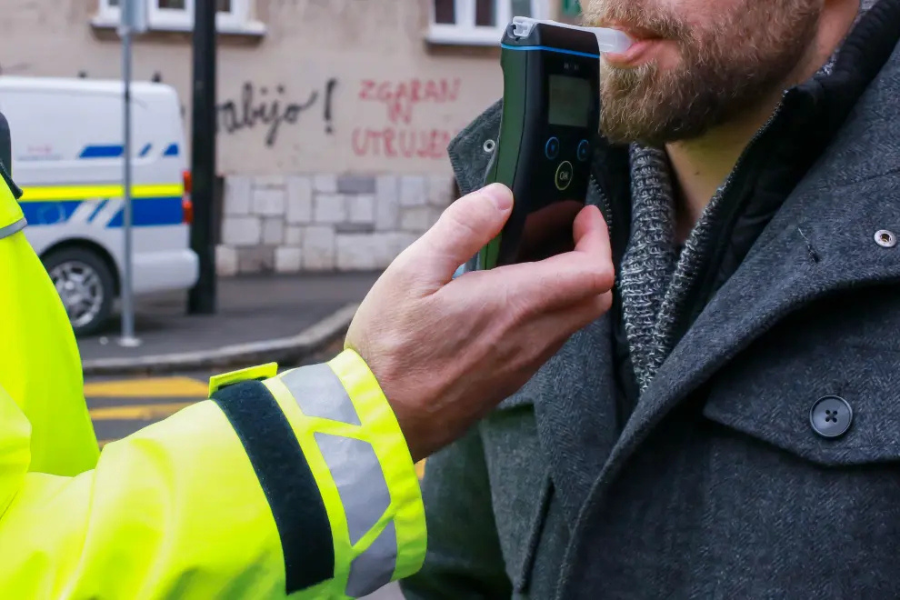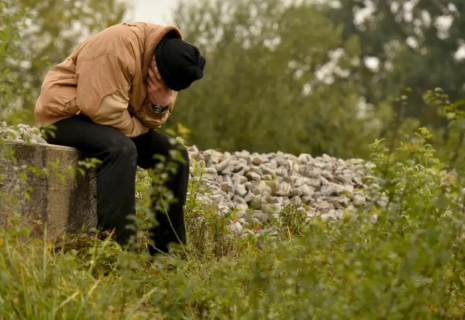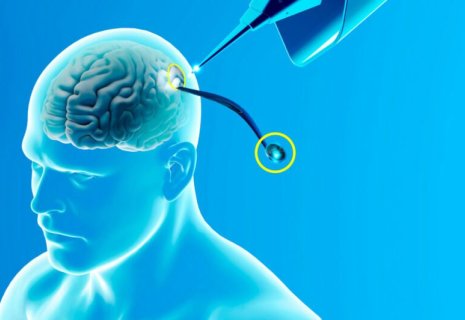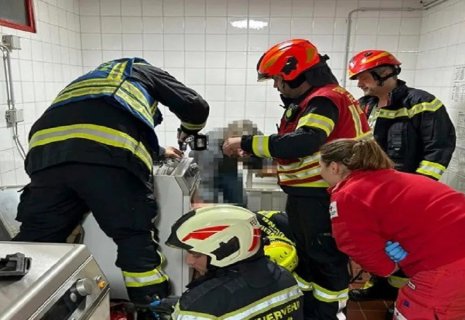
Slovenia overturns practice on handheld breathalyser tests
Slovenian police have used standard handheld breathalyser tests for almost 30 years and they count as evidence of offence when the driver agrees with the positive test result.
However, this will change as the Constitutional Court has now ruled that the person's consent alone is insufficient. It gave the national legislature a year to find a new solution, CE Report quotes The Slovenia Times.
Under a provision in the Road Traffic Rules Act the result of a handheld breathalyser test, which is a quick but not completely reliable method for measuring breath alcohol content, is considered sufficient evidence under the condition that the tested driver agrees with the result. If the person does not agree, additional testing must be conducted using more reliable methods.
The court has declared the provision unconstitutional, explaining that the result of such a screening breathalyser test and the person's consent alone do not meet the constitutional standard of proof required for a conviction. The provision goes against the presumption of innocence under Article 27 of the Constitution.
By agreeing with the result, the person concerned decisively contributes to their own conviction. They admit that the concentration of alcohol in their body exceeds the legally set limit and is such as the breathalyser showed, renouncing their right to be tested with a reliable method.
The court pointed out that individuals are not qualified and do not have enough information to confirm the test result. They may know whether and how much alcohol they had but cannot say what is its exact concentration in their body, which determines the gravity of sanctions.
Still, the standard breathalyser procedure will continue to be used until the National Assembly has amended the contentious provision with a new solution. The court did not annul the provision because it fears that could affect traffic safety as police would not be able to do as many checks when they had to test drivers using larger breathalyser devices at police stations or order medical checks.
Dissenting judge points to ramifications
One of the judges on the panel opposed the decision. In her dissenting opinion Špelca Mežnar, whose term on the court has since expired, noted that drink driving is a serious problem in Slovenia.
"I cannot comprehend why the Constitutional Court felt it has to demolish a system that has proved to be an efficient tool to control drink drivers for almost 30 years." she wrote.
Unlike the other judges, she sees the driver's confirmation of the breathalyser test "simply as the driver's confession that they had drunk alcohol and had had too much to drink for safe driving".
She also raised problems the ruling will cause to police, which would have to buy enough proper breathalyser devices, also called ethylometers. These are mostly found in some police stations, so drivers would have to be brought there or alternatively taken to the nearest community health centre for blood and urine tests.
Mežnar is sceptic that such a system could prove efficient. She offered statistics showing that police performed a total of 112 breath tests with such larger devices in the whole country in 2023, against 89 handheld breathalyser tests taken in a single day (St Martin's Day) in the town of Sevnica in 2021.
The case was brought before the court by a plaintiff who claimed his constitutional right had been violated because he had not been informed of his rights before confirming the result of a breathalyser test. That showed his alcohol level was 0.82mg per 100ml of blood, nearly four times the legal limit, and he was stripped of his driving licence.
The man was breathalysed after he fled the scene of an accident. He agreed with the test result in police procedure, but later unsuccessfully challenged the sanction in courts. The Constitutional Court rejected his petition, which invoked violation of Article 29 of the Constitution, which deals with legal guarantees in criminal proceedings, including the right not to incriminate oneself. They did find the provision concerned in breach of the presumption of innocence under Article 27.
Photo: Nace Hočevar/STA
























